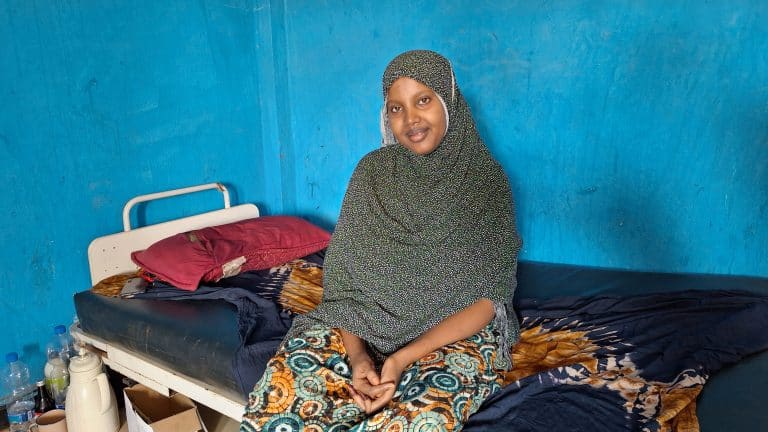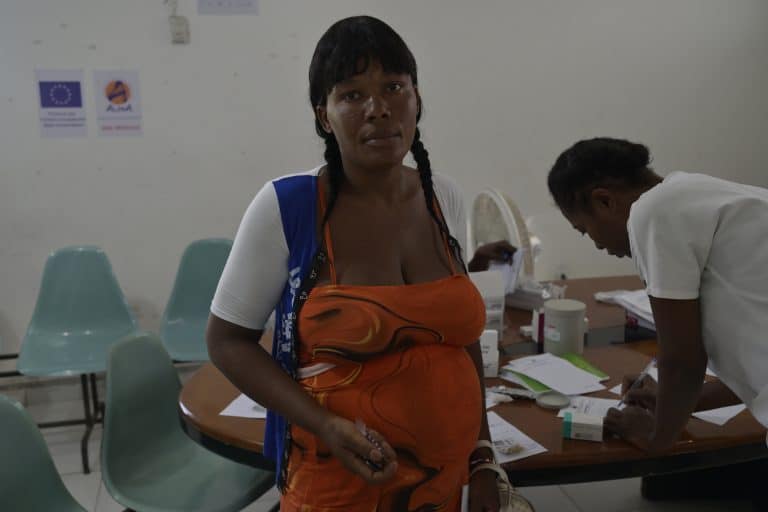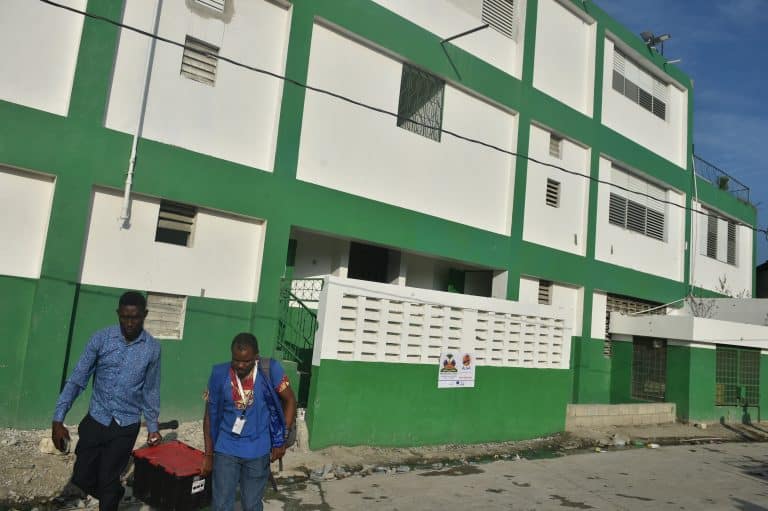In Guinea, a recent study conducted by the Partnership for Research on Ebola VACcination (PREVAC) demonstrated that immunity from three Ebola vaccines persists for up to five years after vaccination. Published in Nature Communications, these findings mark a major step forward for the long-term protection of at-risk populations, complementing previous research that already confirmed the safety of these vaccines.
ALIMA’s Key Role on the Ground
Since 2015, ALIMA has played a crucial role in the success of the PREVAC trial in Guinea. By working closely with local communities, the NGO facilitated volunteer recruitment and ensured follow-up throughout the study. Their efforts, including training over 60 community facilitators, have raised awareness through meetings, focus groups, and surveys.
“Thanks to our experience in responding to Ebola outbreaks and our links with communities, we were able to carry out this trial in good conditions,” explains Antoine Maillard, Head of Research at ALIMA.
Results Guiding the Future of Vaccine Strategies
These findings pave the way for new Ebola vaccination strategies, including boosters for at-risk people such as caregivers.
“This data will feed into strategies to prevent the transmission of this disease to protect healthcare workers, who have paid a heavy price during Ebola epidemics,” adds Antoine Maillard.
The PREVAC-UP project, which follows participants over five years, confirmed that the immune response remains active long after vaccination. The study, involving 230 participants in Guinea, shows that immunity persists regardless of the vaccine used. According to Maillard, “This is a critical milestone that could significantly impact future management of Ebola virus epidemics.”
An International Research Effort
The PREVAC trial was led by an international consortium, including Inserm (French National Institute of Health and Medical Research), the London School of Hygiene & Tropical Medicine, and the U.S. National Institutes of Health (NIH). In Guinea, ALIMA collaborated with the Ministry of Health and other local partners to ensure the smooth running of the study.
Cover photo: Jacqueline Tambalou, a biologist, prepares aliquots (samples placed in tubes) during the conclusion of participant enrolment for the PREVAC project. Landreah site, Guinea 2018. © ALIMA





